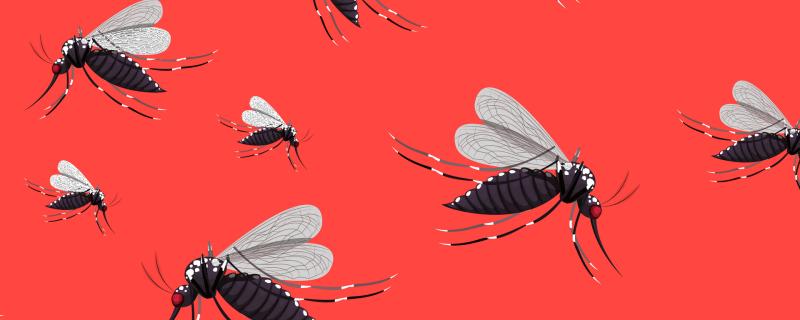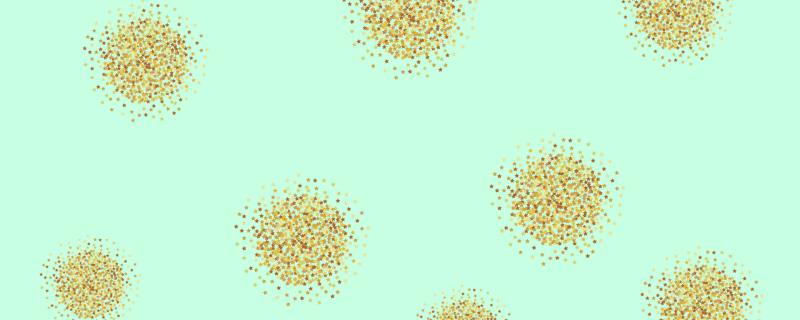Researchers have successfully manipulated the internal structure of a bacterial membrane protein to switch its sensing capabilities between small and large molecules, paving the way for advanced diagnostic tools.
The Indian Institute of Science Education and Research (IISER) Pune on Tuesday launched the VOICE Fellowship 2025
Pune/
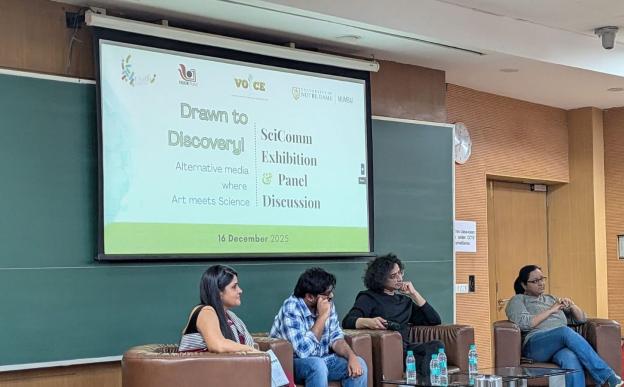
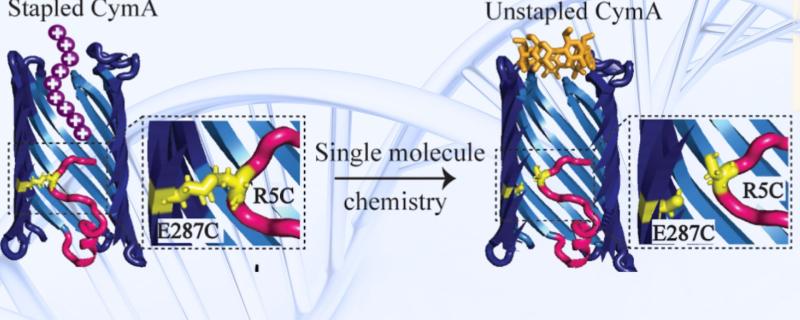
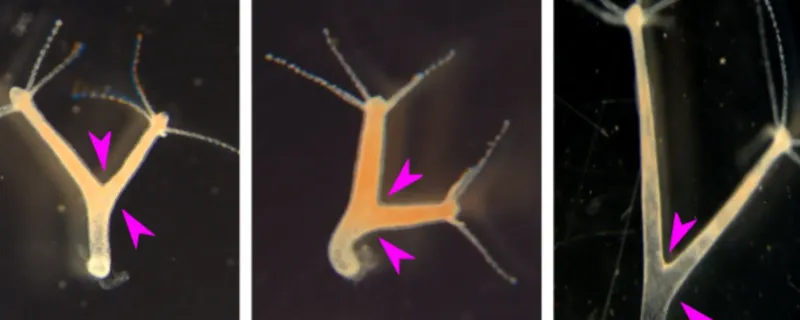
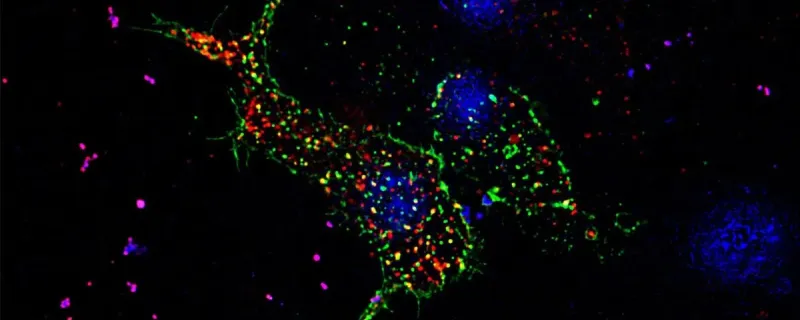
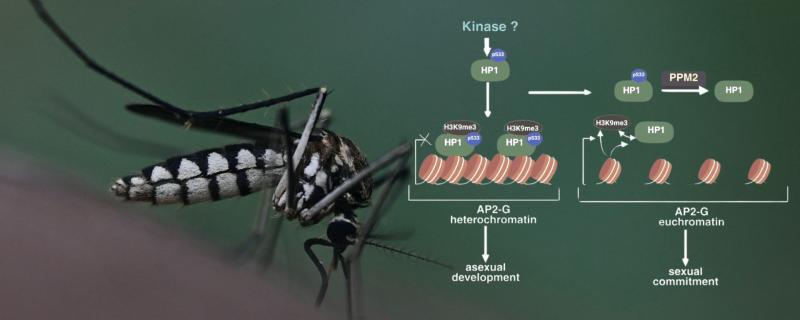
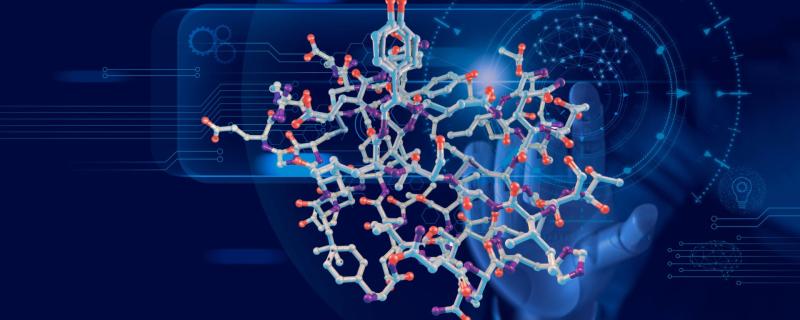
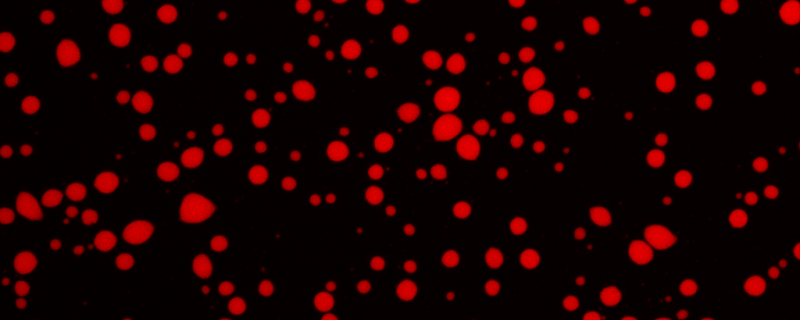
![[Image Credits: M Uhlen, P Oksvold, L Fagerberg, E Lundberg, K Jonasson, M Forsberg, M Zwahlen, C Kampf, K Wester, S Hober, H Wernerus, L Björling, F Ponten (2012) CIL:40476, Homo sapiens, osteosarcoma. CIL. Dataset. https://doi.org/doi:10.7295/W9CIL40476] Proteins on the cell membrane](/sites/researchmatters/files/styles/large_front_800x320/public/osteosarcoma.png?itok=yrm679cj)

